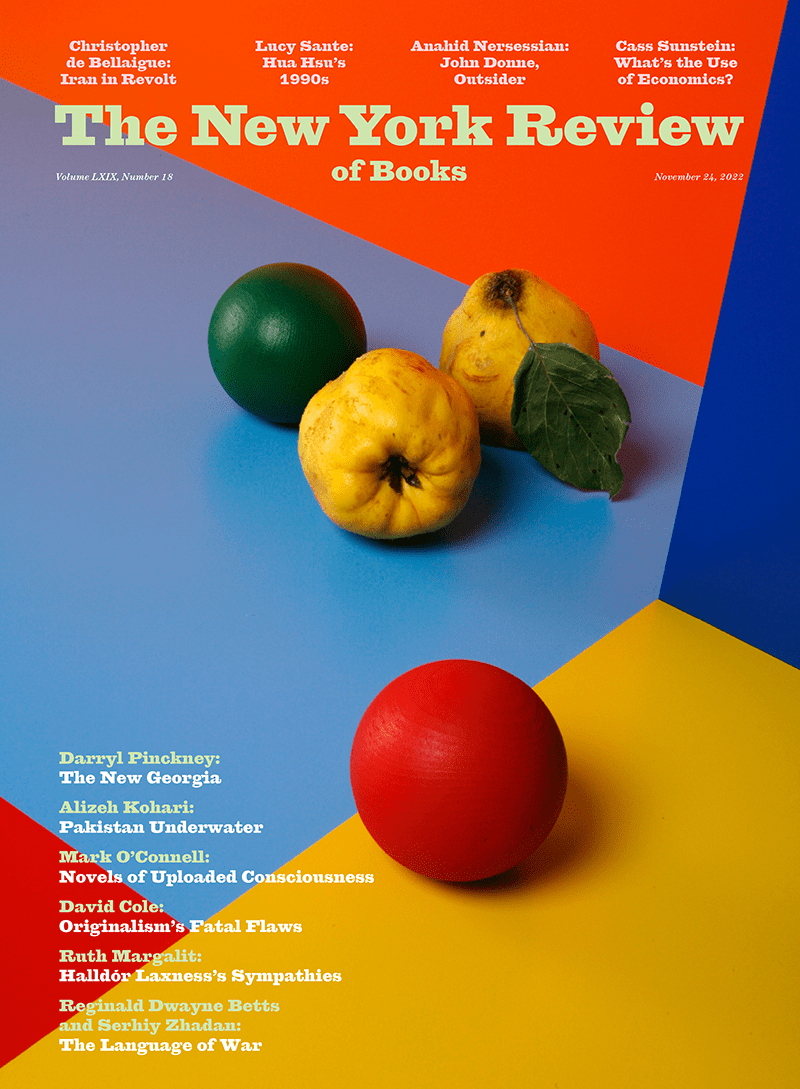In response to:
Agatha Christie’s Nightmares from the October 20, 2022 issue
To the Editors:
I am loath to argue with Lucy Worsley, whose work on television is very appealing, but have trouble believing that Agatha Christie was not aware of what she was doing during that famous episode [Frances Wilson, “Agatha Christie’s Nightmares,” NYR, October 20].
On December 3, 1926, Christie drove her car into a chalk pit in Newlands Corner, Guildford, Surrey. She evidently left it there with her suitcase, fur coat, and driver’s license. Some few days later she was found in excellent fettle at a hotel in Harrogate, Yorkshire, 250 miles away, registered as Mrs. Teresa Neele from South Africa. This feat was said to be accomplished while in some sort of fugue state, of which she had no memory.
I suppose it is possible but I do have a few rather dreary questions in my mind.
Did she walk in the cold and the dark from the beautiful, parklike Newlands Corner to the railway station in Guildford? Did she have any other luggage than the suitcase found in the car? How much money did she have in her handbag? She had to buy a railway ticket. Did she take her checkbook? What made her choose that particular hotel? Why did she call herself Neele, the same name as her husband’s mistress?
Just asking.
Judith M. Taylor
San Francisco, California
Frances Wilson replies:
In Lucy Worsley’s account, Agatha Christie spent the night in her car and then walked, in a state of “dissociative fugue,” the three miles from Newlands Corner to Clandon station, taking with her nothing but her handbag, a framed photograph of her daughter, and £60 in cash. She used the cash to buy her train tickets to London and Harrogate; she chose the Hydropathic Hotel “at random” and the name Neele—which “hints at some conflation between Agatha and Nancy Neele”—because Mrs. Neele was the person she now believed herself to be. The dreary question in my mind is how Worsley’s insistence that Christie was not, as others have suggested, “pretend[ing] to have lost her memory” tallies with the thesis of the biography itself, which argues that as a “queer” writer, Christie “spent her life pretending.”


